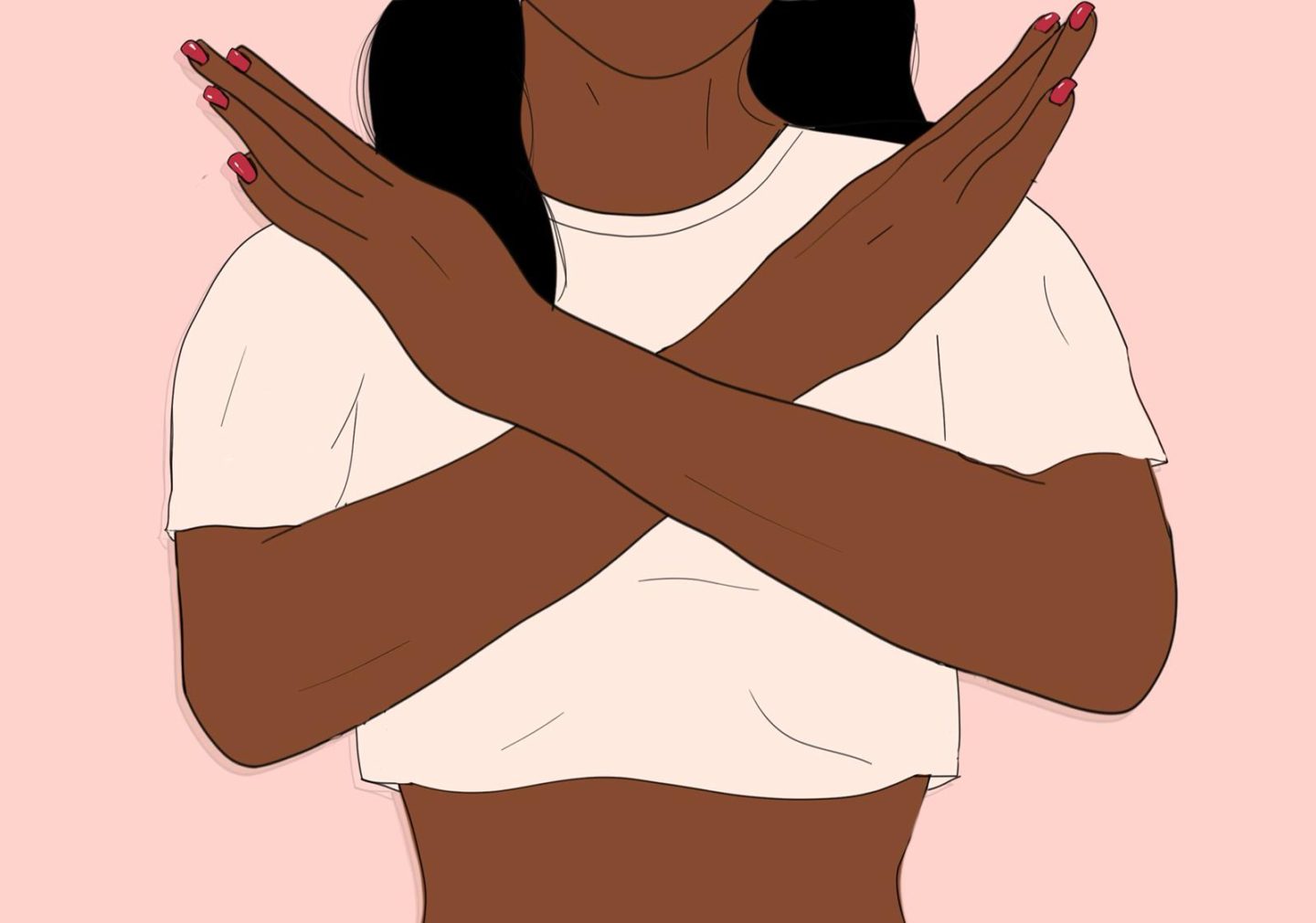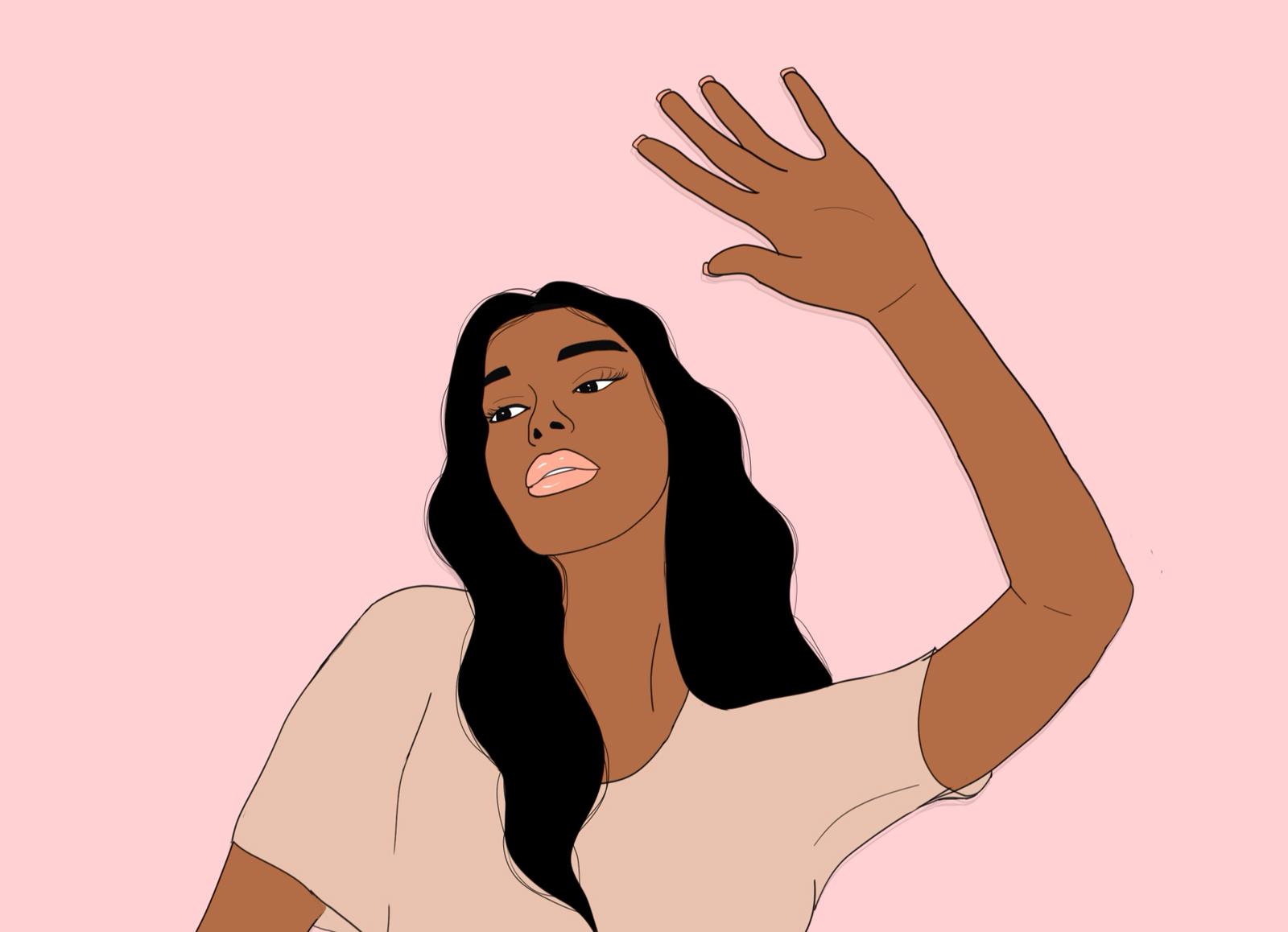Last week saw the re-ignition of a feud between beauty YouTubers James Charles and Tati Westbrook. For those who are not aware of the initial beauty influencer drama, almost a year ago Tati Westbrook famously made a Youtube video titled ‘Bye Sister’. Westbrook denounced her close friend and mentee, Charles, who she accused of undermining her vitamin brand, Halo Beauty, by accepting a VIP pass at Coachella from a rival company.
More seriously, she also accused him of making unwanted sexual advances towards young men, including a waiter in Seattle. Now, in a long video a year later, Westbrook has apologised to Charles and has now accused YouTubers Jeffree Star and Shane Dawson of feeding her false information and encouraging her to make a video ‘cancelling’ Charles to quash his growing popularity.
Who should we cancel?
The constant twists and turns in the Charles/Westbrook feud have left followers confused about which of the two should be ‘cancelled’. Although the internet unsurprisingly ‘cancelled’ Charles and unsubscribed to his channel in droves after Westbrook’s ‘Bye Sister’ video, once Charles published his own video rebutting the accusations, the internet then turned on Westbrook, who saw her own subscriber count fall as Charles’ grew. Charles went from one of the most hated figures on YouTube to one of the most revered. He turned from villain to victim, with Westbrook taking his place as ‘cancelled’.
Now, with Westbrook desperately trying to retain her millions of subscribers, she essentially used her apology video to Charles to tell her followers to cancel Shane Dawson and Jeffree Star instead. So, who, if anyone, should we cancel? Dawson and Star are problematic figures in their own right. Star has been accused of racist behaviour throughout his career and Dawson accused of both racist and paedophilic behaviours. I would argue that both Star and Dawson should have lost their followings long ago for these inexcusable behaviours. But what if Star and Dawson now speak out with new accusations against Westbrook or Charles? Either figure could easily be ‘cancelled’ again.
The beauty influencer drama between these YouTubers highlight the toxicity of cancel culture on social media. Followers and the YouTube community alike were quick to cancel Charles before he had a chance to tell his side of the story, and, once he did, Westbrook found herself ‘cancelled’ instead. Cancel culture is a heat of the moment response which vilifies an individual before they have a chance to defend themselves. In order to ‘cancel’ someone, one only has to post a video condemning the alleged antipathic behaviour of the individual in question. Is this right?
Can ‘cancel culture’ be beneficial?

The feud within the beauty community links to a wider question relating to cancel culture; can it have positive impacts? Public shaming on social media has grown exponentially over the last decade, with the rise of platforms such as Twitter and Instagram. Hashtags like #TaylorSwiftIsOverParty signals that a particular celebrity (in this case, Taylor Swift) has been ‘cancelled’, and surface on a weekly basis.
Swift found herself the victim of cancel culture in a similar way to Westbrook. Her decade-long feud with Kanye West is well known to almost everyone with broadband. West ruined her acceptance speech at the VMAs in 2009 by interrupting her live on stage and insisting that Beyoncé should have won the ‘Best Female Video’ award instead. West’s antagonistic behaviour led to calls for him to be ‘cancelled’, with Swift receiving sympathy for her experience. This continued after West took credit for Swift’s increased fame in his 2016 song Famous, stating: “I feel like me and Taylor might still have sex. Why? I made that bitch famous”.
At the time of the song’s release, Swift condemned West’s accusation and his use of misogynistic language. Yet the internet soon turned on Swift once West and his wife, Kim Kardashian, released an audio clip in 2017 of Swift agreeing to the inclusion of this line in the song. Social media soon turned on Swift, arguing that she should be ‘cancelled’ for playing the victim. When Swift responded that the recording did not mention the term ‘that bitch’, one she would never have approved, her rebuttal fell on deaf ears to those who already decided that she should be ‘cancelled’.
Ironically, Swift used this drama to inspire her next studio album, Reputation, which included songs about cancel culture and the drama with Kanye West. By singing about her apathy towards her ‘bad reputation’, Swift gained critical acclaim for speaking out against ‘cancel culture’, effectively turning her ‘cancellation’ into record sales.
Jordyn Woods, Kylie Jenner’s disgraced ex best friend, also benefited from being ‘cancelled’ after kissing Khloe Kardashian’s partner, Tristan Thompson. Woods secured collaborations with several brands, such as Boohoo and B_nd. Without being ‘cancelled’, Woods may never have received the popularity needed to secure these collaborations.
Think before you cancel
Whilst Swift and Woods’ online shaming did help their careers, this has not been the case for many celebrities who have fallen victim to cancel culture. Celebrities such as Lana Del Rey and The 1975’s Matty Healy, who are both known for using their platform to advocate several worthy causes, have found themselves ‘cancelled’ over a poor choice of words on several occasions. Influencers such as Nella Rose and Lily May Macapinlac also found themselves ‘cancelled’ for racist remarks made against their own communities when they were young teenagers.
What social media fails to remember is that celebrities and influencers make mistakes, like we all do. In the case of Nella and Lily May Mac, they made ignorant comments at a young age that were unearthed by sleuths on the internet determined to tear them down. Rather than acknowledging that both of these women were young, naïve and uneducated, the internet launched war and decided to ‘cancel’ them, even after they apologised and said they had learned from their mistakes long ago.
Nobody is perfect and a fundamental part of being human is making mistakes. Someone without celebrity status would likely face no repercussions for making a bad decision or a badly worded remark. Always think before you call for someone to be ‘cancelled’. Have they apologised? Have they given a side of the story that rebuts their ‘cancellation’?
If the answer is yes, step away from your keyboard and think twice before typing any criticism.
Find more lifestyle articles here >
Written by Sarina Kiayani
Illustrated by Francesca Mariama

